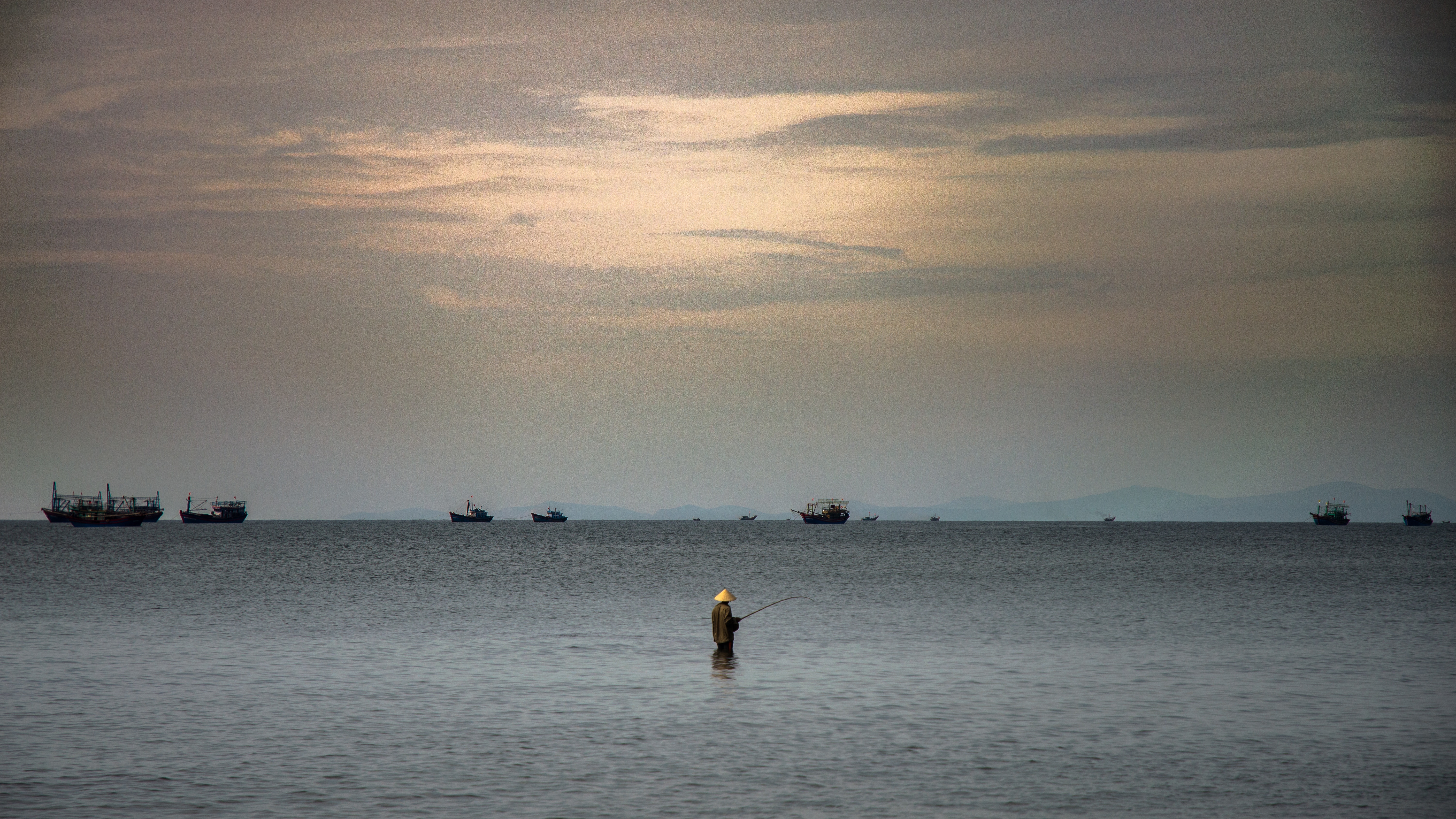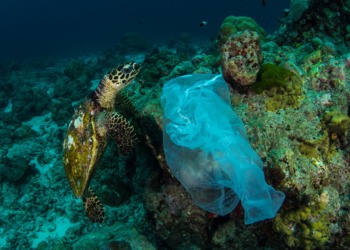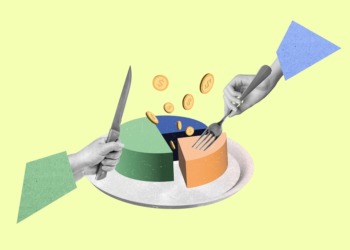The fight against hunger and poverty is as urgent today as ever and remains a major challenge worldwide. More than seven hundred million people in the world are estimated to be living in extreme poverty and 70 percent of the world’s poor are women. In most developing countries today, it is fishing communities who continue to be at the bottom of the socio-economic ladder. An estimated 56.6 million people were engaged in the primary sector of capture fisheries aquaculture in 2014, according to FAO’s State of the World Fisheries and Aquaculture.
The root causes of poverty in small-scale fishers are associated to a number of factors, including inter alia: the harvest nature of the production process; the high perishability of the product; the relatively higher capital investment needed for production and the associated higher risks to it; the relative isolation of fishers’ workspace from mainstream society; the dangerous nature of the occupation, and the uncertainties associated with the state of resources that creates high vulnerability and distress. With the adoption of the 2030 Agenda for Sustainable Development, countries have renewed their commitment to fight against poverty, hunger and malnutrition, recognising that inclusive, equitable and sustainable growth is key for achieving sustainable development and eradicate poverty.
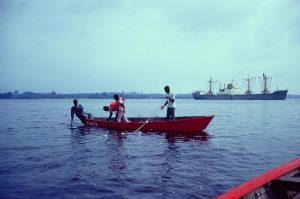
IN THE PHOTO: Bouaké, Fishing in Aby lagoon. PHOTO CREDIT: FAO Aquaculture photo library
Empowering fishing and fish-farming communities through strengthened fisherfolk organisations and collective action is one strategy that the Fisheries and Aquaculture Department is pursuing to deal with challenges and to enable poor communities to gain access to resources, services and market as well as to have their voice heard in the decision-making process. This strategy aligned to specific actions toward improving opportunities for the rural poor to access decent employment, social protection and integrated pro-poor policies represent the four pillars of the FAO’s Strategic Program to Reduce Rural Poverty and to promote inclusive Blue Growth.
FAO’s work on collective action in the fisheries sector show evidence-base on how community-based organizations are improving the livelihoods of their members when compared to the livelihoods of those in their area who are not engaged in any form of collective action. Findings of FAO’s work show that collective action provides households with access to markets, financial services, infrastructure, provision of productive inclusion, as well as training and capacity building which lead to alternative sources of employment, and access to social policies and strategies that, when in times of crisis, prevent poor households from further sinking into poverty.
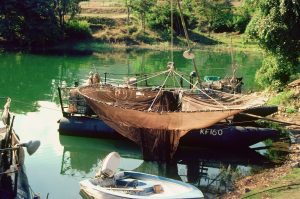
IN THE PHOTO: PLATFORM FOR SARDINE FISHING IN ZIMBABWE. PHOTO CREDIT: FAO Aquaculture photo library
Community organisations help fisherfolk to gain access and benefit from actions and strategies that can help them improve their livelihoods. Collective action also helps to fight for multi-sectorial rural development policies by building human capacity, strengthening rural institutions, and empowering the poor for exercising their citizens’ rights. Besides that, organizations contribute towards a pro-poor growth because in many cases they are key in supporting fishers to find alternative sources of employment and diversification through entrepreneurship skills development and enhancement of capacities. Moreover, organisations, when successfully implemented, play a key role in decision-making within civil society, and thus foster a good relationship with the government, through co-management arrangements. Collective action has been also recognized as key in helping small-scale fishers to take an active role in championing the Voluntary Guidelines for securing sustainable small-scale fisheries in the context of Food Security and Poverty Eradication (SSF Guidelines) and at the same time benefit from its
implementation.


